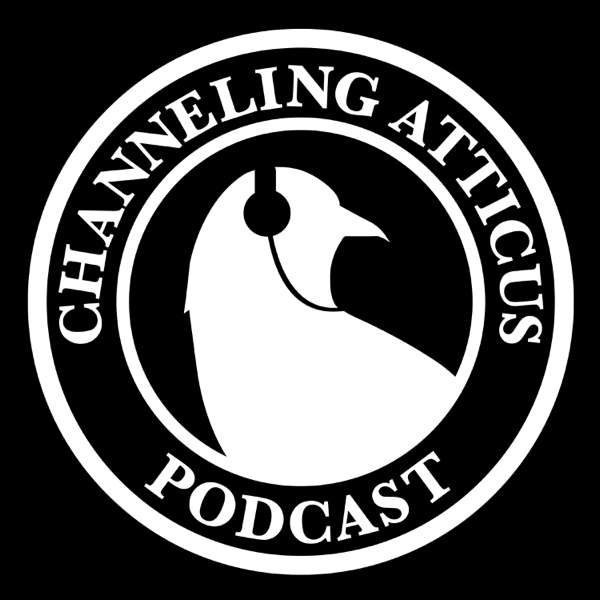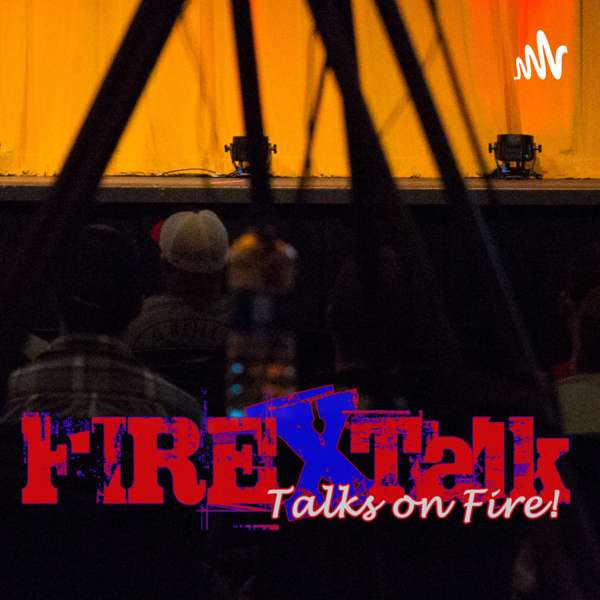This is a podcast of a discussion between me and my friend Peyton Bowman about my essay "Democracy: forking the project". Here is the abstract of the essay.
Citizens’ juries — where a representative sample of citizens deliberate and decide on political issues — are increasingly popular. Representing constituents by sampling and deliberation rather than election and competition, they could deepen existing democracies as a check and balance to existing institutions. But the public understands their potential poorly because most juries have been one-off, single-issue exercises held by (and so, for) existing institutions.
With governance arrangements keeping funders at arm's length, progress could begin with a philanthropically and crowd-funded standing citizens' jury. Without any formal power, such a “People’s Council” could nevertheless shadow other houses of parliament/congress’s decisions and pass resolutions of its own. Had such a body existed, it would have been:
- Harder to abolish carbon pricing in Australia,
- Harder to negotiate such a ‘hard’ and damaging Brexit in the UK,
- Harder to demonise nuclear energy in fighting climate change,
- Easier for the US Senate to convict President Trump for inciting insurrection.
Greater attention would have been given ‘bread and butter’ issues like health, aged care and education and less to ‘hot button’ issues like immigration and crime. And those latter issues would have been addressed in ways that were more consensual and informed by the evidence. So policy would have been more effective.
Even without formal, constitutional power, where it disagreed with public votes taken on the floor of a house, it could call for an additional secret ballot, thus bidding for more influence and modelling the role it would have as a check and balance — in an officially constituted ‘people’s branch’ of government.
To develop its own capabilities and autonomy, the people’s branch must establish its own internal governance and leadership structures. To ensure their consistency with the egalitarian spirit of sortition and to minimise its capture by the self-assertive, charismatic and power-hungry, I suggest eschewing direct competition for office. The brevia is one such mechanism. It minimised factionalism and set the stage for 500 years of stability in Venice. It involves randomly selecting some ‘electors’ from the council and getting them to identify those most worthy of internal leadership roles. A ‘council of elders’ of past participants of citizens’ juries could be chosen by such means to act as a source of advice and support to current juries and as a repository of corporate memory and evolving traditions.
If the people’s branch were developed along these lines, it would become an ideal ‘honest broker’ to preserve the basic norms of procedural fairness on which peaceful government is founded. This is already happening in some jurisdictions — for instance, with a people’s council with the Michigan Independent Citizens Redistricting Commission. However, over time the people’s branch could expand to be given a substantial role in the appointment of judges and officials. America’s founding fathers attempted to constitutionally entrench such procedural norms into the US constitution via Senate confirmations, but that mechanism is now under partisan siege.

 Our TOPPODCAST Picks
Our TOPPODCAST Picks  Stay Connected
Stay Connected







